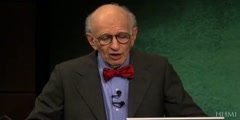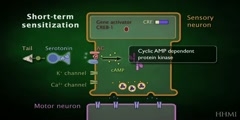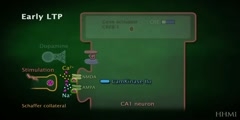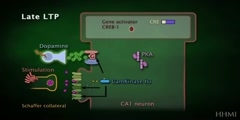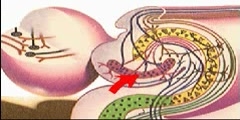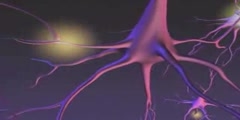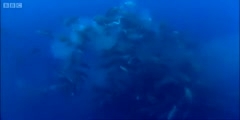Lec 10 - God and Mammon: The Wealth of Literary Memory
"Lec 10 - God and Mammon: The Wealth of Literary Memory" Milton (ENGL 220) This second lecture on Paradise Lost looks at hell and its inhabitants, as depicted in Books I and II. Milton's struggle both to match and outdo his literary predecessors is examined by way of allusions to the works of Homer and Edmund Spenser, particularly the cave of Mammon episode in Book Two of The Faerie Queene. The presence of classical mythological figures, such as Medusa and Mulciber, in the Christian hell of Paradise Lost is pondered, along with early distinctions in the poem, frequently blurred, between good and evil, beautiful and ugly, and heaven and hell. 00:00 - Chapter 1. Was Memory the Source of Milton's Poetic Inspiration? 04:03 - Chapter 2. Milton Defends the Divine Authority behind his Poem 08:02 - Chapter 3. "Paradise Lost": A Literary Fantasy of Forgetfulness 16:22 - Chapter 4. The Cave of Mammon and the Theme of Temptation 24:36 - Chapter 5. Analyzing "Paradise Lost" Complete course materials are available at the Open Yale Courses website: http://open.yale.edu/courses This course was recorded in Fall 2007.
Video is embedded from external source so embedding is not available.
Video is embedded from external source so download is not available.
Here is the next lecture for this course
Aplysia long-term memory and its molecula ...
01:38 | 8282 viewsAplysia short-term memory and its molecul ...
02:30 | 10424 viewsShort-term memory and molecular basis of ...
01:27 | 9046 viewsLong-term memory and molecular basis of l ...
00:57 | 8411 viewsSuperior chimpanzee memory
00:37 | 7393 viewsWhat is Short Term Memory
00:09 | 9740 viewsFunction of the Memory
00:09 | 7436 viewsShort Term And Long Term Memory
00:09 | 7106 viewsHow the Body Works : Center of Emotion an ...
02:10 | 12575 viewsStress and Memory
01:34 | 8585 viewsMemory Test of whale Sharks
04:11 | 5580 viewsShort and Long Term Memory
59:43 | 5242 viewsLec 16 - The Great War, Grief, and Memory ...
45:59 | 3350 viewsLec 18 - Sites of Memory, Sites of Mourni ...
46:29 | 3726 viewsLec Last - Future Computer Memory
01:16:23 | 3507 viewsNo content is added to this lecture.
This video is a part of a lecture series from of Yale
Lecture list for this course
Lec 1 - Introduction: Milton, Power, and the Power of Milton
Lec 13 - Paradise Lost, Book III
Lec 15 - Paradise Lost, Books V-VI
Lec 16 - Paradise Lost, Books VII-VIII
Lec 17 - Paradise Lost, Book IX
Lec 18 - Paradise Lost, Books IX-X
Lec 19 - Paradise Lost, Books XI-XII
Lec 20 - Paradise Lost, Books XI-XII (cont.)
Lec 21 - Paradise Regained, Books I-II

